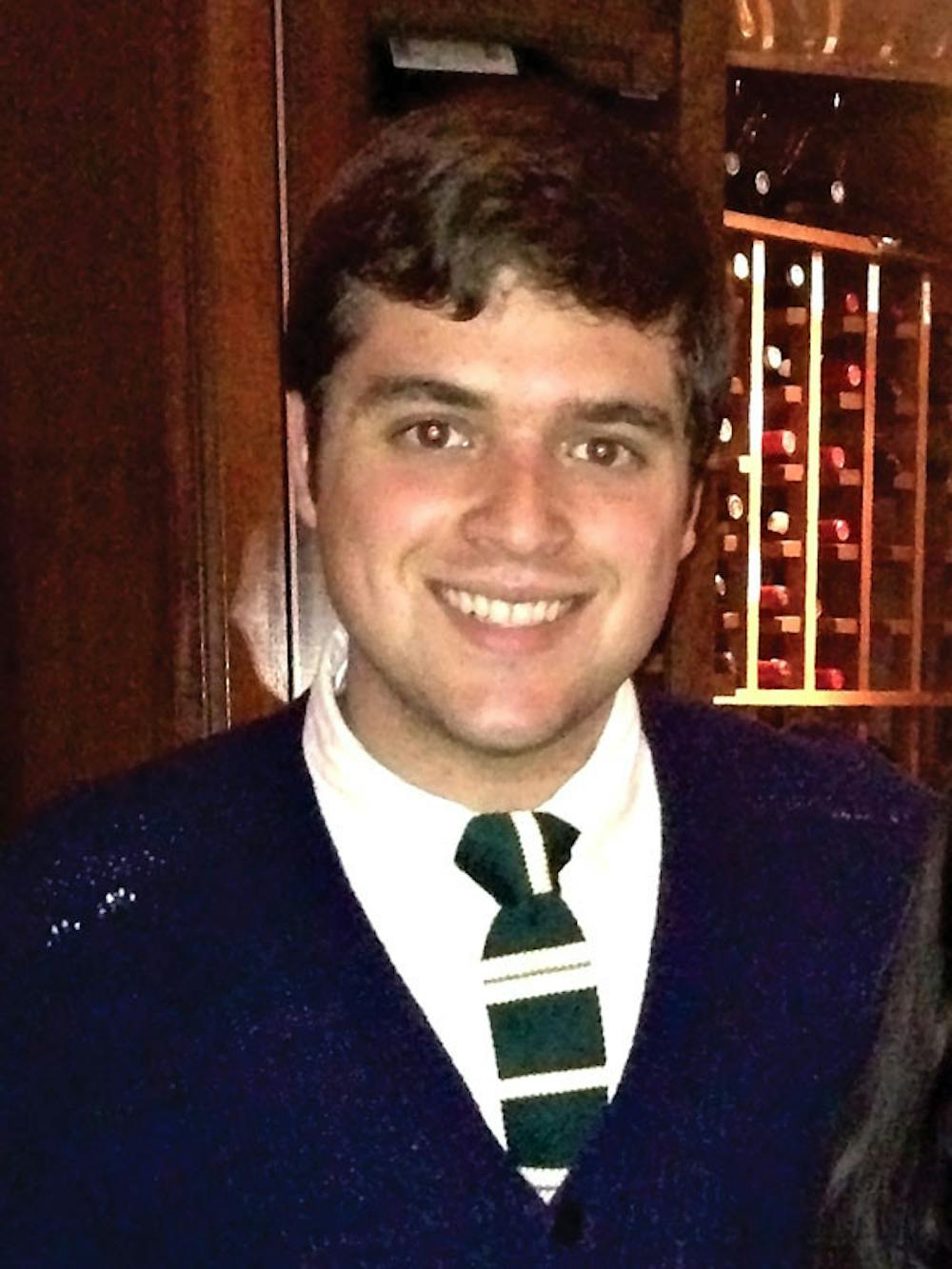Building on this year’s discussions over students’ role in University governance, a group of students led by Alex Drechsler ’15 is petitioning to add an undergraduate representative to the Corporation. The group formed in response to student activists’ frustration over the Corporation’s decision not to divest endowment assets from major U.S. coal companies and a canceled lecture by former New York City Police Commissioner Ray Kelly last semester.
In her March 5 State of Brown address, President Christina Paxson responded to a question about adding a student to the Corporation in part by pointing out some potential complications involved with the idea, including issues of confidentiality and the possibility of placing too much pressure on student representatives. She also noted that students are already involved with many search committees.
The group is still in its formative stages and does not have a firmly established membership, Drechsler said. After talking to Todd Harris ’14.5, president of the Undergraduate Council of Students, group members decided to work in conjunction with the Council, said Drechsler, who chairs the UCS Student Activities Committee. Early leaders “realized that we wanted to work through the system and work closely with the administration and that the easiest way to do that would be through UCS,” he said.
The group objects to the Corporation’s “self-perpetuating” nature, in which members “elect their replacements,” Drechsler said. “There is no real way for students to be involved in that process.”
“We hope to eventually get a resolution endorsing this initiative for greater student power,” said group member Tammy Jiang ’16. While the group is considering requesting UCS to pass such a resolution, it is “still very much in the initial stages,” she added.
The group is seeking more direct student input into the Corporation’s decision-making process, Jiang said. “Brown is filled with responsible and engaged students, and we deserve a meaningful say in the governance of our own community,” she said. “We’ve seen the amazing things that students have done for Brown,” she added, citing the New Curriculum and need-blind admission for domestic first-year applicants as examples of University policies facilitated by students.
The group is also partnering with Executive Vice President for Planning and Policy Russell Carey, Drechsler said. Carey could not be reached for comment, but his engagement with Drechsler’s initiative was confirmed by Marisa Quinn, vice president for public affairs and University relations, in an email to The Herald.
Those pushing for an undergraduate representative have reached out to several student groups on campus, including Brown Divest Coal and the Student Labor Alliance, in efforts to “select students from a lot of different areas of campus to be involved with this project,” Drechsler said.
Drechsler mentioned a UCS meeting where Carey spoke and another where Brown Divest Coal members presented their campaign as events that contributed to his desire to create the group. “I realized that one of the main issues was just there was no mechanism for students to be directly involved in the way that the Corporation makes its decisions,” he said.
Some administrators told The Herald they think students already have a voice in Corporation decisions.
“Corporation members do not represent a single constituency, and each member is expected to exercise their responsibility considering what is best for Brown — for the students, faculty, staff — and long-term health of the institution,” Quinn wrote.
“Student leaders participate in the Committee on Campus Life, and students were actively involved in the work that informed the coal divestment decision,” Quinn wrote, citing examples of student engagement in University governance.
Corporation members are not “disinterested in the present, … but they steward a long-term mission with long-term members,” wrote Professor of Anthropology William Simmons, who teaches the course UNIV 1700: “Transformation of the Research University” and served as provost from 1998 to 1999, in an email to The Herald. Alums bring “long-term perspectives and worldly experience” to the Corporation, he wrote.
But administrators also expressed tentative interest in the group’s goals.
“Student representation is a good topic for continued discussion and review,” Quinn wrote. The Corporation regularly reviews “the role, composition and effectiveness,” she wrote, noting that the body added young alum members in 2008.
“The Corporation could invite and perhaps benefit from some form of student participation,” Simmons wrote. “Being involved in some manner in the board’s operations would be an extraordinary learning experience for students who have the opportunity to do so,” he added.
Looking ahead, the group plans to continue speaking with administrators to solicit support for adding a student to the University’s governing body. “Students are one of the largest stakeholders in Brown University, and I think that being able to be in that discussion that’s happening behind closed doors in the Corporation is so incredibly important to making policy that’s geared towards students,” Drechsler said.
A previous version of this article mischaracterized statements President Christina Paxson made in her State of Brown address about the prospect of a student representative on the Corporation. Paxson never stated any explicit objection to the idea. Rather, she noted some concerns about it, including confidentiality issues and excessive pressure on students, and noted that students are already involved with many search committees.

ADVERTISEMENT




